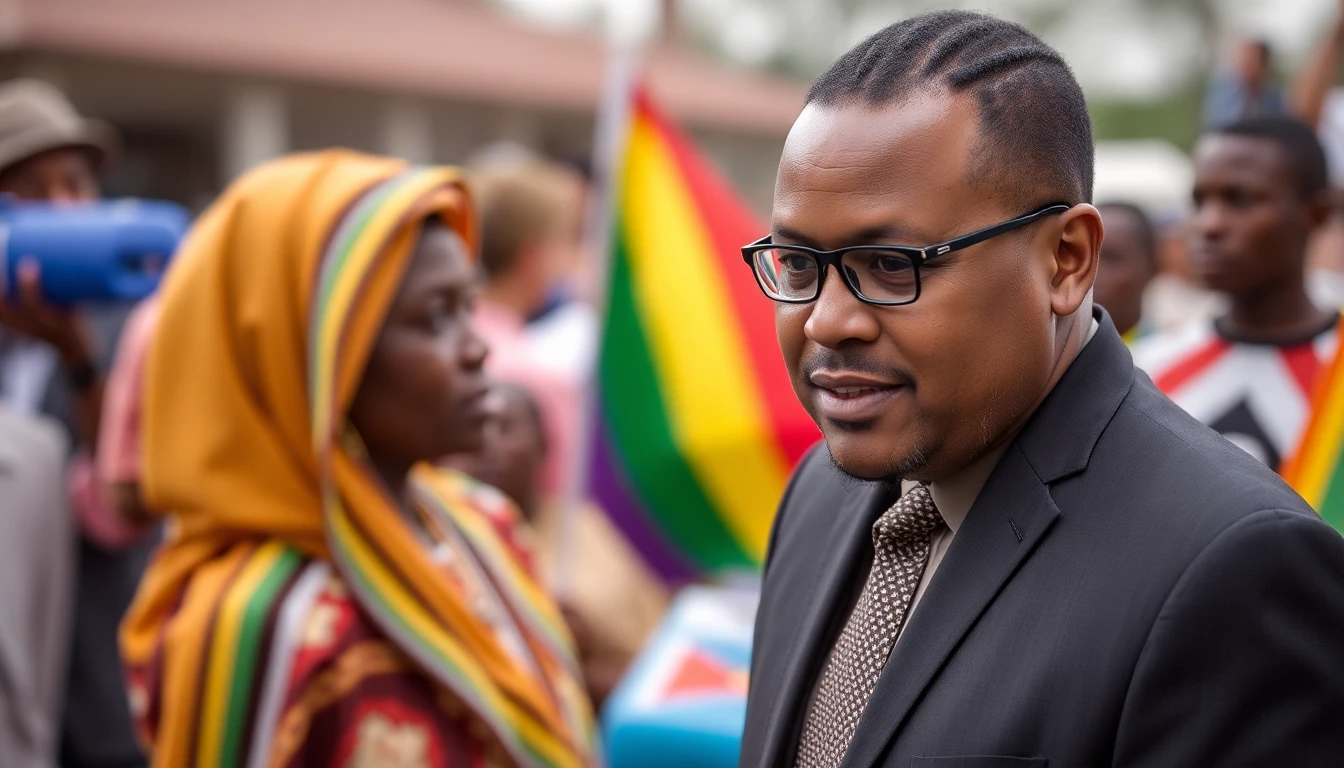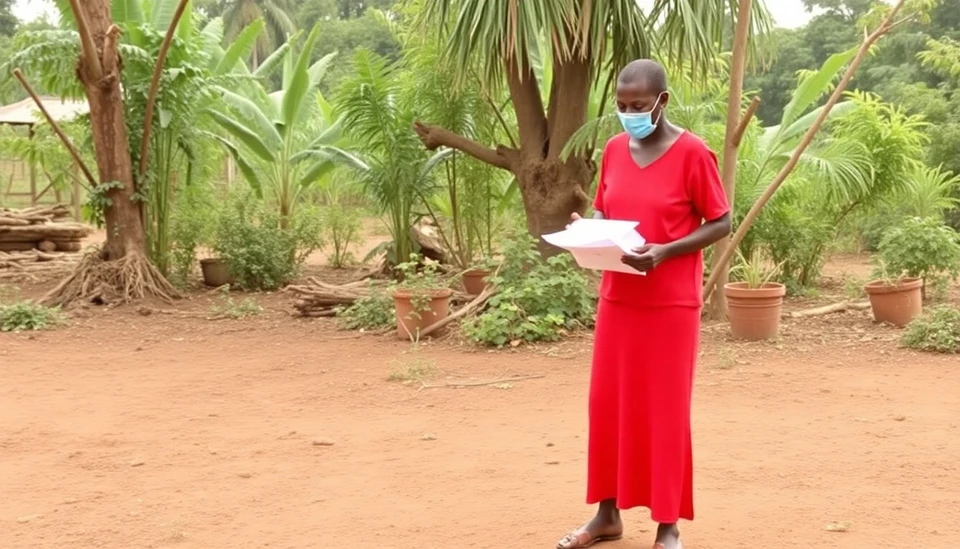
A recent study has revealed that Uganda's stringent anti-LGBTQ laws have had devastating financial repercussions for the country, costing an estimated $1.6 billion over the past year. The report highlights that government policies targeting the LGBTQ community not only raise serious human rights concerns but also significantly hinder the nation’s economic growth and international standing.
The detailed study, conducted by a team of researchers examining the intersection of human rights and economic performance, sheds light on the broader implications of punitive legal frameworks against marginalized communities. It emphasizes that Uganda's adherence to these laws has led to a decrease in foreign investment, tourism, and international aid, all of which are crucial for the country’s economic development.
Over the last twelve months, the deteriorating reputation of Uganda in the global arena has been a considerable factor contributing to this staggering financial loss. Foreign investors have become increasingly wary of engaging with a nation that enforces such exclusionary practices. As a result, Uganda has seen a notable decline in overseas investment opportunities, which is vital for a country that relies heavily on economic growth to improve the living standards of its citizens.
Furthermore, the report also highlighted the adverse effects on the tourism sector, which has been a significant source of revenue for Uganda. The government's stance on LGBT issues has deterred travelers who prioritize social justice and human rights in their travel decisions. This shift in tourist behavior has led to empty hotel rooms and reduced revenues for local businesses, further exacerbating the economic downturn.
Moreover, international aid organizations have begun to reevaluate their partnerships with Uganda, as many have policies against funding countries with discriminatory laws. This reevaluation results in reduced financial support, which is particularly detrimental in a nation where many rely on such aid for crucial services including healthcare and education.
The study serves as a wake-up call for Ugandan policymakers, urging them to reconsider their stance on LGBTQ rights and align their laws with global human rights standards. Advocates argue that embracing diversity and implementing inclusive policies could not only improve social justice but also stimulate economic growth by attracting investors and tourists who are increasingly valuing ethical governance in their choices.
In summary, the findings of this research underscore a pivotal lesson: discriminatory laws do not merely harm those they target but can also have far-reaching economic consequences that affect the entire nation. As the debate over the rights of LGBTQ individuals in Uganda continues, it becomes increasingly clear that the country must find a balance between societal values and the need for sustainable development.
As this issue gains more attention, stakeholders from various sectors will need to engage in dialogue to reconcile these complex themes of human rights, economic viability, and the global image of Uganda. The future of the Ugandan economy could hinge on this balance, making it essential for leaders to embrace a more inclusive approach to governance.
#Uganda #LGBTQRights #HumanRights #Economy #AntiDiscrimination #ForeignInvestment #Tourism #EconomicImpact
Author: Rachel Greene




